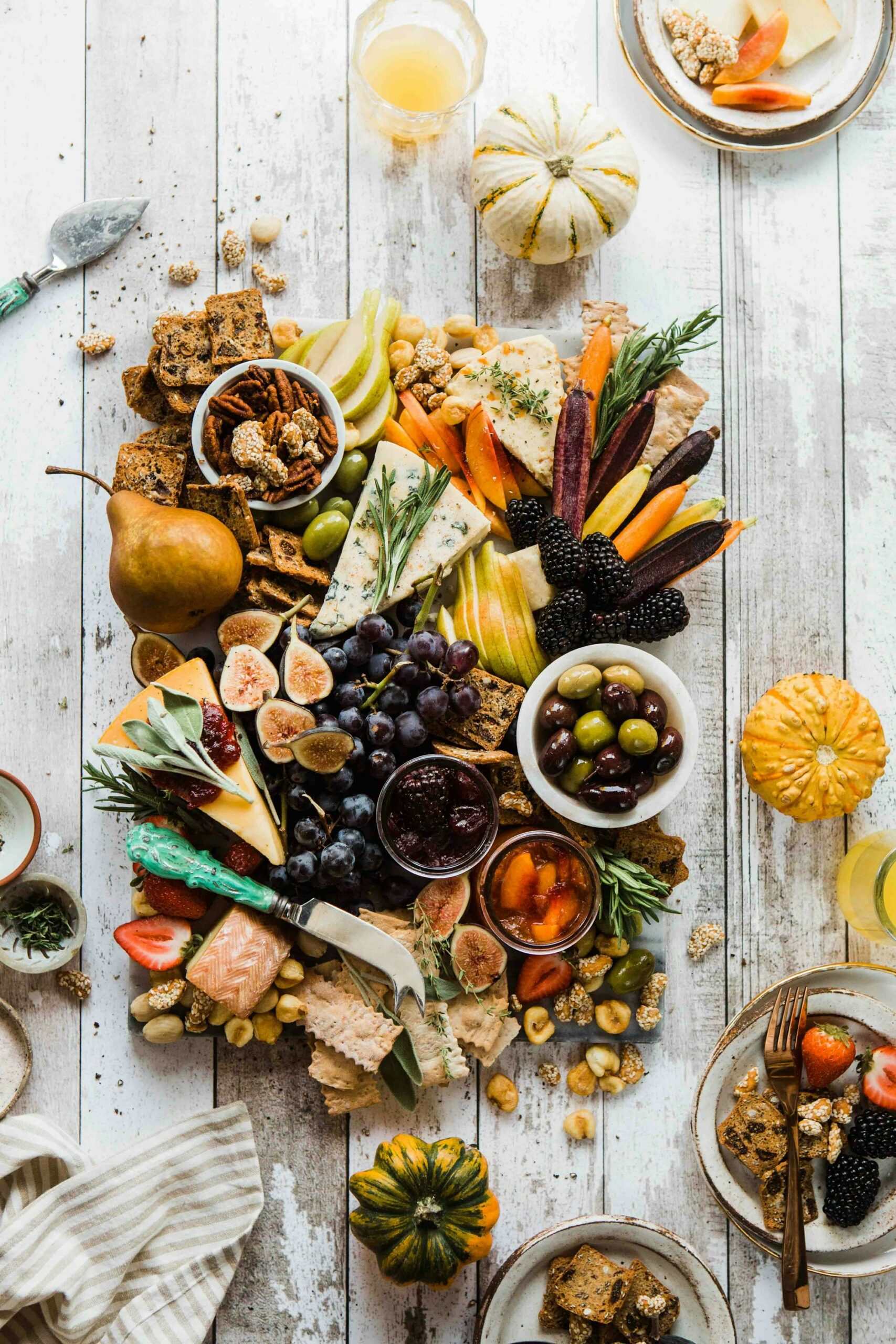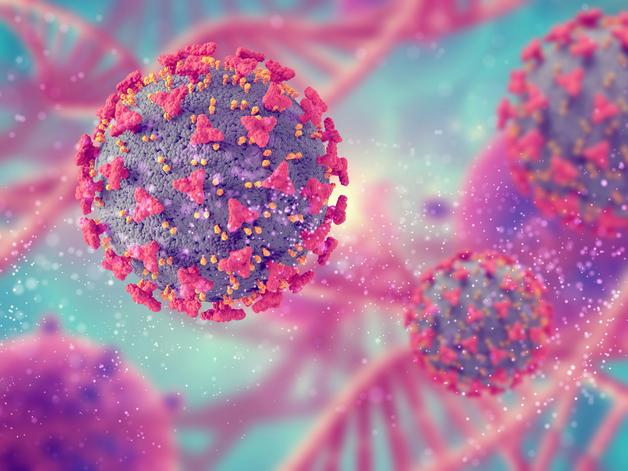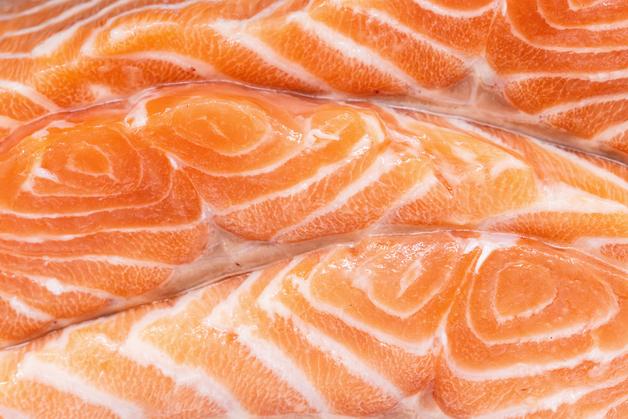As you embark on the emotionally charged and sometimes unpredictable path of pregnancy, questions around food swirl around daily routines—what to eat, what to avoid, and how to ensure the foundational well-being for both yourself and your baby. The concept of pregnancy nutrition might seem straightforward, yet when fatigue, cravings, aversions, and cultural habits collide, confusion is never far behind. Are you wondering about the right weight gain pattern, seeking clarity on superfoods, or feeling lost about supplements, especially amidst changing tastes or morning queasiness? Find here, step by step, a rhythmic blend of science-backed explanations, practical advice, and recognition of the unique journey each family experiences. Get ready for deep dives into vitamins, minerals, meal patterns, and safety tips for every trimester—and even beyond into breastfeeding.
Understanding Pregnancy Nutrition: A Dynamic Process
Why Nutrition During Pregnancy Is So Important
During pregnancy, your body doesn’t just go through superficial changes—there are vast, invisible shifts: increased blood supply, organ adaptations, and, above all, the formation of a new human being. Pregnancy nutrition isn’t simply about “eating more food.” It’s about ensuring that each bite is dense with value, supporting growth, immune development, and your own energy levels. For example, folic acid (or vitamin B9) plays a key biochemical role in building the baby’s neural tube, while omega-3 fatty acids quietly become the building blocks for your baby’s growing brain.
A mother-to-be faces increased demands for nutrients—protein, vitamins, minerals. Missed essentials do not just affect energy, but may also shape growth trajectories and long-term health outcomes for the baby. Balancing vibrant vegetables, complex carbs, lean proteins, and sources of good fat is not only desirable but recommended by physicians and nutritionists worldwide.
Weight Gain: Patterns, Pitfalls, and Individual Differences
Weight gain during pregnancy is not a uniform curve; it fluctuates based on pre-pregnancy BMI, metabolism, activity, and, sometimes, the presence of twins or more. Instead of the old adage “eating for two,” modern pregnancy nutrition perspectives focus on “nourishing for two”—with the aim of enhancing, not overwhelming, your body.
- In early pregnancy, nausea can rob some parents of appetite, sometimes even triggering a temporary weight dip. No need for anxiety—most often, your baby receives what’s needed from maternal stores and careful monitoring.
- A gradual gain—averaging around 1 kilogram in the first six months and increasing to 2 kilograms in the final three months—sets the stage for both safe delivery and postpartum recovery.
- For those with BMI over 30, weight management becomes an art—emphasize nutrient density, not caloric restriction.
Essential Nutritional Needs Throughout Pregnancy
Caloric Needs and Exquisite Timing
Have you ever wondered exactly how much more to eat? The answer changes as pregnancy unfolds:
- The first and second trimesters: a modest increase of about 150 extra calories per day (roughly one portion of dairy plus one fruit).
- The final trimester: increased fetal growth calls for up to 300–450 additional calories.
Key Nutrients for Pregnancy Nutrition: The Major Players
- Folic acid: Prevents neural tube defects. Found in green leafy vegetables, lentils, fortified foods, and as supplements—particularly important before conception and during the first trimester.
- Iron: Required to fortify the expanding blood volume and build the baby’s oxygen-carrying capacity. Found in lean meat, legumes, dark greens; best absorbed with vitamin C-rich foods.
- Calcium: Needed for developing bones—sourced from dairy, fortified plant milks, and certain nuts.
- Omega-3 fatty acids: Especially DHA, is pivotal for brain and eye growth. Small fish (like sardines), flaxseed, walnuts—these are allies.
- Vitamin D: Synthesised by sun exposure and present in eggs, fortified foods, and fatty fish, it modulates calcium use.
- Iodine: Supports the thyroid, necessary for proper neurological development; supplied by dairy, seafood, and iodised salt.
Careful: Large, predatory fish such as shark, king mackerel, or swordfish may harbour mercury and should be consumed sparingly. Always favour small, safer varieties.
The Macronutrients: Balancing Your Plate
- Proteins (60–71g daily): the building blocks. Lean meat, poultry, cooked eggs, legumes, tofu, and dairy offer high biological value proteins, helping both tissue formation and maternal recovery.
- Carbohydrates: Not all carbs are created equal. Whole grains, pulses, and vegetables provide sustained energy and fibre—guarding against constipation and glycaemic spikes.
- Healthy fats: Unsaturated fats from nuts, seeds, plant oils (like olive or canola), and avocados support the formation of cellular membranes and brain tissues.
Is every meal supposed to be perfect? Not at all. The direction matters much more than moment-to-moment precision in pregnancy nutrition.
Micronutrients: The Hidden Powerhouses
- Zinc, magnesium, choline, B-complex vitamins: These support everything from neural tube formation to the immune system.
- Vitamin C: Fortifies the immune defences and optimises iron absorption. Citrus, strawberries, bell peppers, and guava fit beautifully.
- Supplement advice: Supplementation is not a luxury, but often a necessity, especially for folic acid, iron, and vitamin D. Only take vitamin A as beta-carotene, never as high-dose retinol to avoid toxicity.
Safe Eating Habits and Foods to Avoid
Embrace a Rainbow
A healthy pregnancy nutrition approach pleads for diversity. Coloured vegetables, fruit, whole grains, nuts, and seeds each contribute special micronutrients.
Steer Clear of Hidden Hazards
Some foods and habits may harbour invisible threats:
- Avoid unpasteurised dairy, deli meats, raw or undercooked animal products.
- Keep caffeine intake below 200mg (one or two cups of coffee or their equivalent).
- Zero alcohol—the consensus is clear.
- Moderate your intake of high-mercury fish; use separate utensils for raw and cooked dishes; wash hands and surfaces with attention.
Meal Planning and Daily Structure
Let’s get concrete with pregnancy nutrition:
- Breakfast: Begin with water, whole grain bread or cereal, cheese or nut spread, and a piece of fruit.
- Lunch: A vegetable starter or soup, a serving of protein (preferably cooked or legume-based), grains or pulses, yoghurt, or fruit.
- Snack (if needed): Nuts, dark chocolate, or fruit.
- Dinner: A lighter meal, ideally two hours before bedtime, with vegetables and calcium-rich foods.
Hydration sneaks into every recommendation—maintain at least 8–12 cups (2 litres) of fluids per day.
Adjustments for Special Cases
Adolescence, Underweight, Overweight, Multiples
- Adolescent mothers: Need a step-up in iron and calcium—still growing themselves, after all!
- Underweight: Prioritise energy-dense yet wholesome food.
- Overweight: Focus on quality and frequency, never harsh restriction.
- Multiples: More calories, more protein, larger supplement needs–but always personalised by a clinician.
Vegetarian and Vegan Approaches
Vegetarian or vegan? With the right balance of legumes, nuts, seeds, and fortified foods, pregnancy nutrition can easily remain optimal. B12 requires special mention—supplementation is generally needed, as it is absent from plant foods.
Managing Discomforts
- Nausea: Preferring cold snacks, bland grains, and ginger can temper the queasiness.
- Heartburn: Space meals, avoid lying down post-meal, and steer clear of spicy or fatty foods.
- Constipation: Keep fibre and fluids topped up; movement helps too.
Postpartum and Lactation Nutrition
Even once baby arrives, nutrient needs remain high. The days of pregnancy nutrition seamlessly segue into lactation nutrition:
- Protein, vitamin C, zinc, and extra hydration become even more essential.
- Continue your prenatal supplement, adjust iron and calcium as needed (especially if there’s a history of deficiency or bariatric surgery).
- Prioritise rest and nutrient-dense meals to aid recovery.
Cultural Influences and Adaptation
Traditional family foods can absolutely be part of robust pregnancy nutrition. Whether it’s millets, pulses, or local greens, respecting heritage while ensuring a spectrum of nutrients is key. Each culture offers prized ingredients waiting to be integrated smartly.
Key Takeaways
- Pregnancy nutrition is a dynamic, ongoing process—focus on variety, balance, and nutrient-dense foods.
- Essentials include folic acid, iron, calcium, omega-3 fatty acids, and vitamin D—most parents benefit from a dedicated prenatal supplement.
- Minimise risks by steering clear of unsafe foods and substances.
- Hydration, not just food, underpins wellness for both mother and child.
- Food traditions can beautifully coexist with medical advice.
- Each parent’s needs shift during pregnancy, lactation, and recovery. Seeking out a supportive healthcare team is invaluable for every step.
- For individualised tips and nurturing reassurance, download the Heloa app, offering personalised guidance and free health questionnaires for your child.
Questions Parents Ask
What are some easy ways to add more vegetables and fruits in my pregnancy nutrition?
Hesitating to fill up your plate with vegetables and fruits, especially if cravings and nausea keep playing tricks? Add grated carrots or spinach into your morning dosa batter, stir extra beans or bell peppers into daal, or blend a tender bunch of greens into fresh coconut chutney. Keep tempting, pre-cut fruit in the fridge; roasted pumpkin seeds or spiced chickpeas offer a crunchy change from typical snacks. Frozen and canned (with no added sugar or salt) count too—creativity can make a huge difference.
How can pregnancy nutrition be optimised for vegetarians or vegans?
Choosing plant-based doesn’t mean missing out—pair dals or rajma with a touch of lemon, add sesame or sunflower seeds to rotis, opt for calcium-fortified plant milks, and include plenty of varied grains, pulses, and nuts. Remember, vitamin B12 isn’t present in plant foods, so consider a supplement after discussing with your doctor. It’s wise to ask for guidance on iron, calcium, and omega-3s too.
What helps to stay hydrated during pregnancy?
Plain water seems boring? Add a slice of lemon, cucumber, or even a few leaves of mint for natural flavour. Sipping lightly throughout the day is easier than gulping large amounts at once, particularly if you feel nauseous or get heartburn. Herbal teas and homemade buttermilk are alternatives, while coconut water provides light minerals. Setting a reminder can help—each glass is a gentle step towards comfort.
Is caffeine completely off-limits in pregnancy nutrition?
No absolute ban, but moderation matters: limit to less than 200 mg daily—roughly one to two cups of regular coffee or tea. Be mindful of hidden sources like chocolate, cola, or some energy drinks.
Which supplements are necessary for pregnancy nutrition?
Almost every parent-to-be benefits from supplemental folic acid, iron, and vitamin D, particularly during the early months. Check if your prenatal vitamin covers these; otherwise, your healthcare provider can help choose what’s needed. Only opt for vitamin A in the form of beta-carotene.
Can traditional foods fit within healthy pregnancy nutrition?
Absolutely—traditional foods like idli, poha, upma, roti, and various legumes or local greens can be part of an excellent, nutrient-rich diet. Focus on adding fresh fruits, diverse vegetables, and protein sources alongside these staples.
What if I feel overwhelmed about making changes to my pregnancy nutrition?
Perfection isn’t necessary; every small adjustment is a victory. Prioritise gradual improvements—one new vegetable, a little less sugar, an extra glass of water. Accept support; medical professionals, family, or the Heloa app can guide you towards choices that feel realistic and reassuring.
Further reading:









